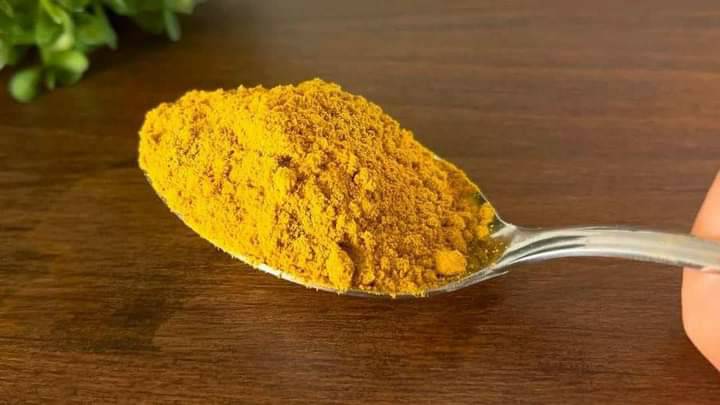Turmeric, the Natural Ibuprofen: A Powerful Anti-Inflammatory Remedy
Turmeric, a golden spice long celebrated in Ayurvedic and traditional medicine, has earned the nickname “natural ibuprofen” for good reason. Its active compound, curcumin, is a potent anti-inflammatory and antioxidant agent that offers pain relief without the harmful side effects often associated with pharmaceutical drugs like ibuprofen.
Let’s explore why turmeric is a powerful natural remedy for inflammation, pain, and chronic health issues, and how you can safely integrate it into your daily routine.
What Makes Turmeric So Effective?
The primary bioactive substance in turmeric is curcumin, which has been widely studied for its health benefits. It blocks molecules in the body known to trigger inflammation, such as NF-kB. Studies have shown that curcumin can be as effective as over-the-counter pain relievers for certain conditions, including:
- Arthritis and joint pain
- Muscle soreness
- Chronic inflammatory diseases (like colitis or psoriasis)
- Menstrual pain
- General body inflammation due to poor diet or stress
Turmeric vs. Ibuprofen: Key Differences
| Property | Turmeric (Curcumin) | Ibuprofen |
|---|---|---|
| Type | Natural plant-based compound | Synthetic pharmaceutical |
| Anti-inflammatory | Yes | Yes |
| Pain relief | Moderate to strong | Strong |
| Side effects | Low (when taken correctly) | High (can affect stomach, liver) |
| Long-term use safety | Safe | Risk of ulcers, kidney issues |
| Additional benefits | Antioxidant, brain health | Limited |
Turmeric does more than just relieve pain—it supports overall health, especially when consumed regularly.
How to Use Turmeric for Pain and Inflammation
- Golden Milk (Turmeric Latte):
Warm 1 cup of plant milk with ½ tsp turmeric, a pinch of black pepper (which boosts absorption), cinnamon, and honey. Drink before bed for anti-inflammatory effects overnight. - Turmeric Tea:
Simmer turmeric with ginger in hot water for 10 minutes. Add lemon and honey for taste. - Turmeric Capsules or Extracts:
Available in health food stores. Choose high-quality supplements with at least 95% curcuminoids and black pepper extract (piperine) for better absorption. - Add to Food:
Sprinkle turmeric into soups, rice, smoothies, or scrambled eggs. It’s versatile and blends well into many dishes.
Who Should Be Cautious?
While turmeric is generally safe, those on blood thinners, gallbladder medications, or with certain gastrointestinal conditions should consult a doctor before taking large doses. Moderation is key.
Turmeric isn’t just a spice—it’s nature’s answer to inflammation, pain, and even aging. It’s gentle on your body and powerful in its action, making it a top choice for anyone seeking natural alternatives to synthetic drugs.
🌿 If you found this post helpful, don’t forget to LIKE, SHARE, and FOLLOW for more natural remedies that support your health from the inside out!
